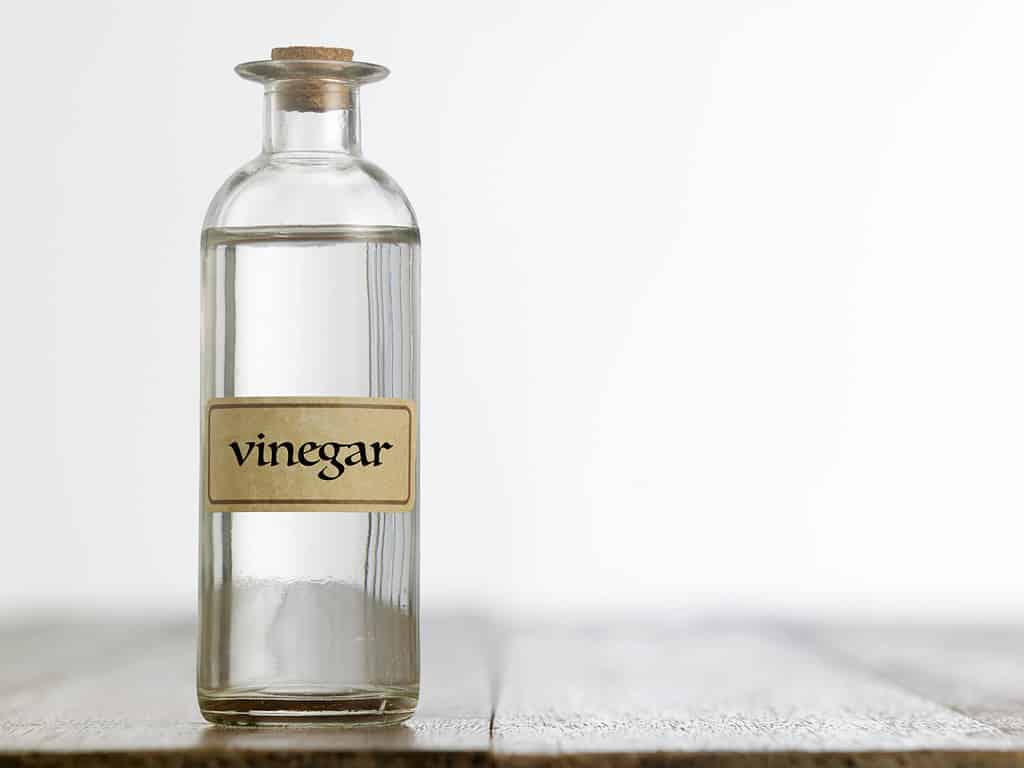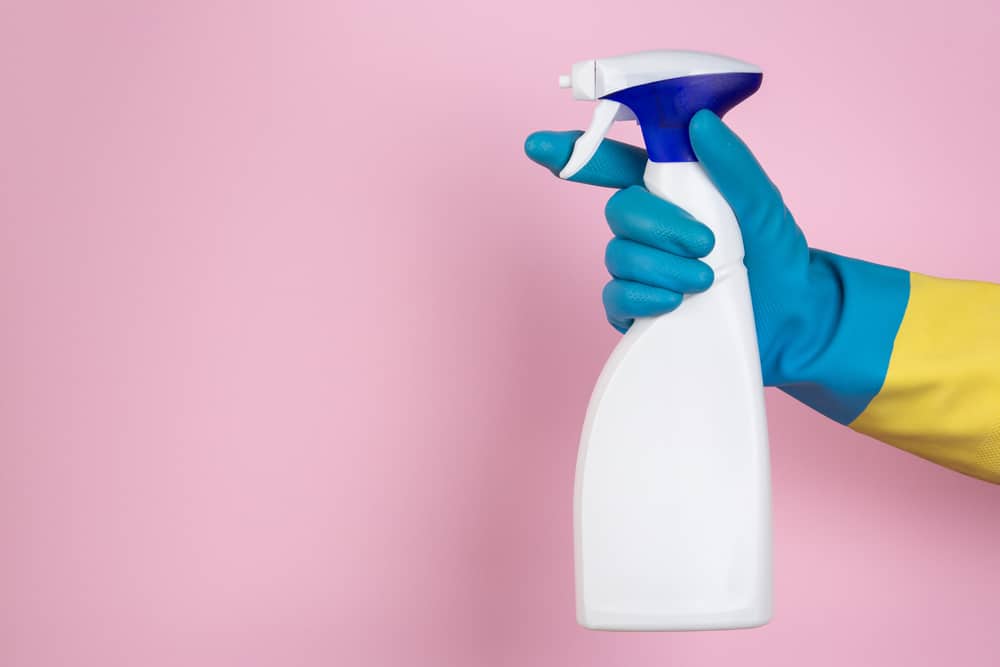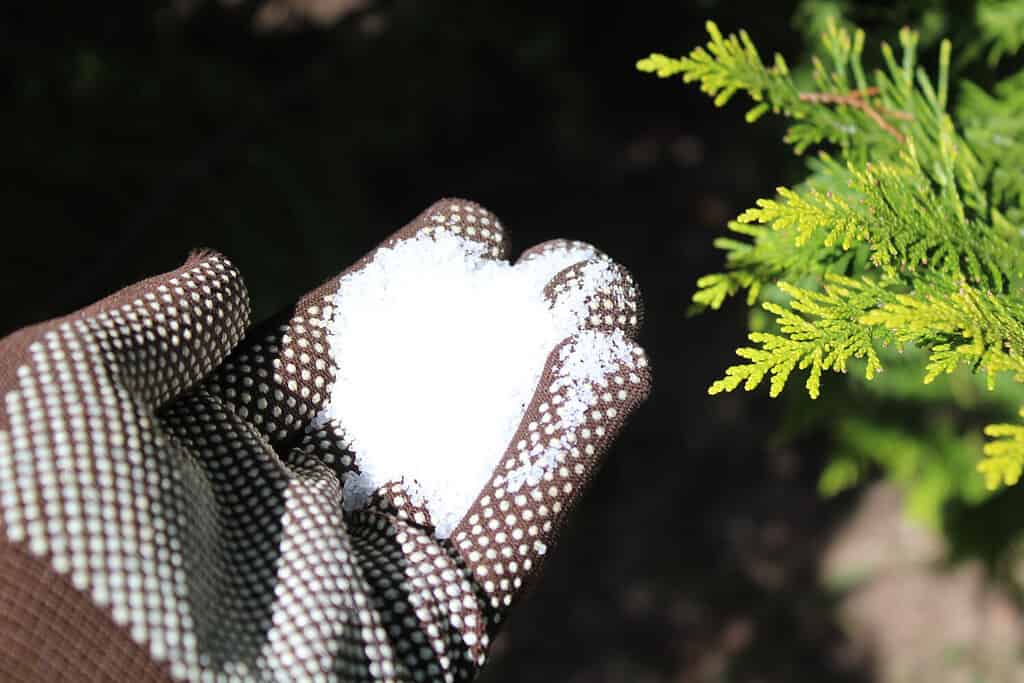Weeds can make even a great-looking garden seem unkempt. They often grow quickly, stealing nutrients in the soil from other plants that you want in your yard or garden. Fortunately, you can take care of weeds easily with homemade weed-killer solutions that are cheap and effective. You may even have some of these ingredients already!
Homemade weed killers can also be a greener alternative to harsh chemicals. These ingredients tend to be milder and non-toxic, making them a perfect solution for households with pets or young kids. There are some pet-safe commercial weed killers, but these can be expensive and hard to find. Even if you are the only gardener using your space, reducing your own exposure to things like pesticides and herbicides can be a good idea. For those with sensitivities, homemade weed killers might just be the solution they need to get back to gardening. You can always pull weeds by hand as well, but these formulas can add an extra boost to your weed-fighting efforts.
As with all DIY cleaning solutions, it’s important to label the bottle with the ingredients as well as the date. This will prevent someone from accidentally applying it unsafely. It can also help you stay aware of when it is time to mix up a new batch. If you are new to gardening or tending new plants, try your solution on a small area to gauge the impact before spraying it all over. This can help you adjust the ratios as needed and get a better idea of how it will impact nearby plants.
1. White Vinegar and Water

White vinegar is an effective agent to get rid of many small weeds.
©focal point/Shutterstock.com
Just about any homemade cleaning solution, including those that get rid of weeds, includes white vinegar. Why? This ingredient is high in acetic acid, typically around 4% of its total volume. When applied to plants, acetic acid breaks down the cell walls and lets the plants dry out. When you use a white vinegar solution as a weed killer, the results are almost always shriveled-up weeds that you can then pull out of the ground easily.
You can mix this solution in a spray bottle for easy application. One part vinegar to one part water is good for both cleaning and killing weeds. You can use the same bottle to spray in both cases. For some weeds, a solution with more vinegar may be necessary. You can also opt for multiple applications for particularly troublesome weeds.
Try to spray it at the base of the plant. This prevents overspray and targets the root. When you pull up the plant, make sure to get the entire root structure to prevent it from coming back. You may also want to spray periodically to kill off any remaining cells and little sprouts of the weeds coming back.
2. White Vinegar and Dish Soap

Always label your household solutions with the ingredients and the date.
©Sergio Rojo/Shutterstock.com
For some extra oomph, add a small amount of dish soap to your white vinegar and water solution. Just a couple of tablespoons is often enough to be effective. The addition of the dish soap ensures that the white vinegar solution doesn’t just stay on the surface of the plant or bead up and fall off. You should spray it liberally on the entire plant, from the leaves to the roots. It might take multiple applications, especially if you have very tough weeds. Like many plants, weeds love the sun. If you live in a really sunny area or your weeds are exposed to a lot of sun, expect them to grow quite strong. This is one reason why a formula that stays on the plant longer can be more effective.
If you add dish soap, make sure that you label your spray bottle. In fact, this is a good practice for any homemade weed killer or cleaning solutions. But by including dish soap, this formula might not be as good of an option for other common uses, such as cleaning. White vinegar and water is a popular cleaning formula because both ingredients evaporate easily. Dish soap will not do that and can leave a film if you use it as a cleaning solution.
3. White Vinegar, Dish Soap, and Salt

Epsom salt is a good addition to make your homemade weed killer even more effective.
©Martina Unbehauen/Shutterstock.com
White vinegar is the base of this formula. Mix 1 gallon of white vinegar with 1 or 2 tablespoons of dish soap and a cup of salt. Together, these three ingredients are a powerhouse to get rid of weeds quickly. Vinegar and salt are both high in acetic acid. While vinegar alone is enough to work on many weeds, stubborn plants might need the extra punch from the salt to truly dry them out. Salt removes moisture from the plant cells, causing them to shrivel up. You might even have results from salt sprinkled on the weeds.
If you spray a vinegar, soap, and salt solution on your weeds, you’ll often be able to see it at work within a couple of hours. The plants will start to shrivel and may even be dead by the end of the day. Make sure to return to pull them up so that the area remains tidy and you get the best results.
When using this spray in your garden to combat weeds, remember that it will not discriminate between types of plants. So, if you get some on your prized rosebushes, expect them to shrivel up just like the weeds nearby. This solution is best for weeds that pop up away from other plants, such as in the cracks of sidewalks and driveways. You can drench the weed without having to worry about any overspray getting where it shouldn’t.
| Number | Weed Killer Formula Ingredients |
| 1 | White Vinegar and Water |
| 2 | White Vinegar, Water, and Dish Soap |
| 3 | White Vinegar, Dish Soap, and Salt |
The photo featured at the top of this post is © Aleksandar Cholanchevski/Shutterstock.com
Thank you for reading! Have some feedback for us? Contact the AZ Animals editorial team.







